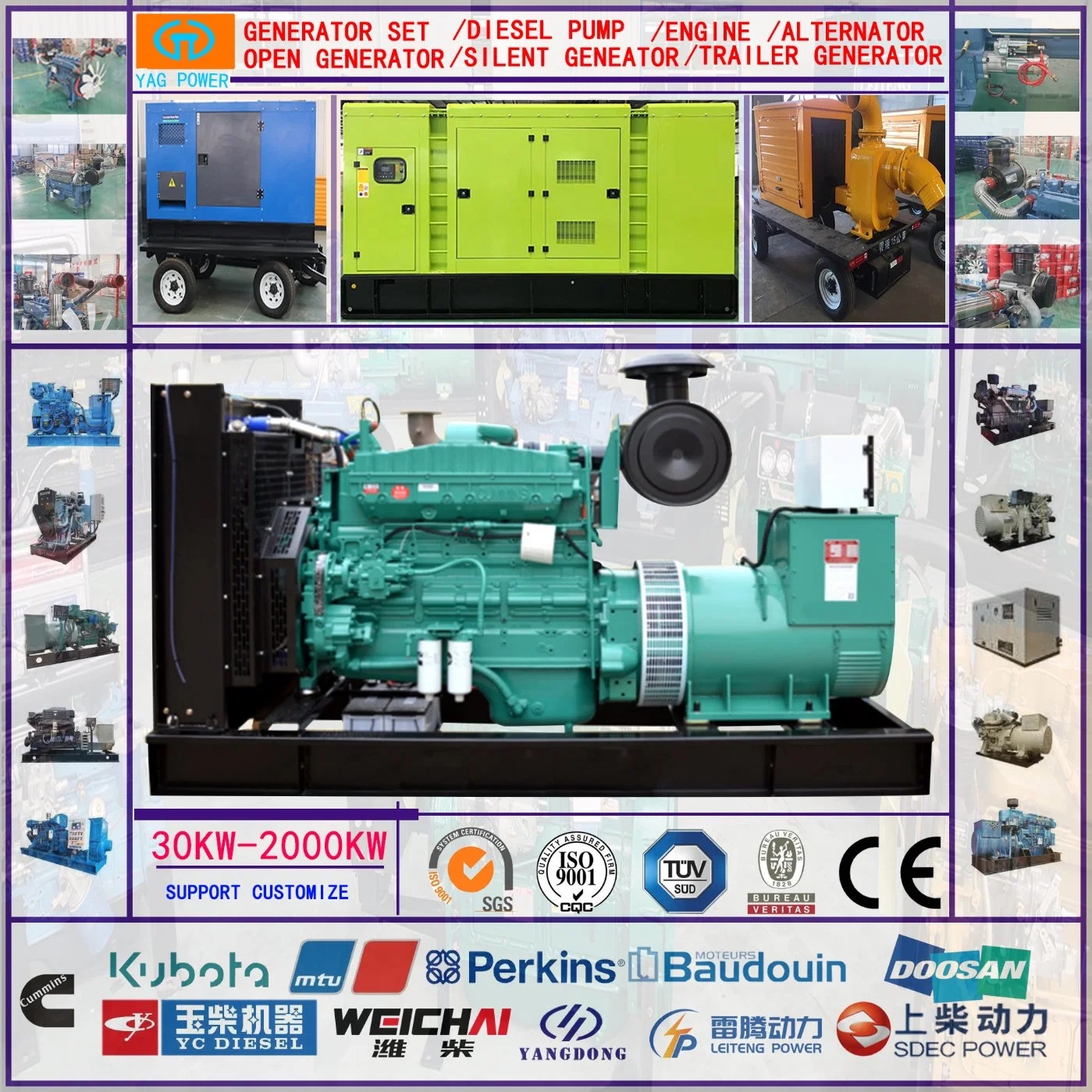Powering Data Centers The Role of Diesel Generators in Ensuring Reliability and Continuity

Introduction
Data centers are the backbone of modern businesses, providing the infrastructure necessary for storing, processing, and managing vast amounts of digital information. As the reliance on data centers continues to grow, ensuring uninterrupted power supply becomes crucial to prevent costly downtime and data loss. Diesel generators have long been a preferred choice for powering data centers due to their reliability, scalability, and cost-effectiveness. In this article, we will explore the role of diesel generators in ensuring the smooth operation of data centers, their key features, benefits, and considerations for implementation.
1. The Importance of Power Redundancy in Data Centers
Data centers are designed to operate 24/7, and any interruption in power supply can have serious consequences, including financial losses, damage to reputation, and compromised data security. To mitigate these risks, data center operators implement redundant power systems that can quickly take over in the event of a utility power outage. Diesel generators play a critical role in this redundancy strategy, providing a reliable source of backup power to keep the data center running smoothly during emergencies.
2. Key Features of Diesel Generators for Data Centers
Diesel generators are well-suited for powering data centers due to their robust design, high power output, and fuel efficiency. Some key features of diesel generators that make them ideal for data center applications include:
- High Reliability: Diesel generators are known for their durability and reliability, making them a dependable source of backup power for critical infrastructure like data centers.
- Scalability: Diesel generators are available in a wide range of sizes and power capacities, allowing data center operators to choose a generator that meets their specific power requirements.
- Fast Start-Up Time: Diesel generators can start up and reach full power output within seconds, ensuring a seamless transition from utility power to backup power during an outage.
- Fuel Efficiency: Diesel generators are more fuel-efficient than other types of generators, providing cost savings over the long term for data center operators.

- Longevity: Diesel generators have a longer lifespan compared to other backup power solutions, making them a reliable investment for data center operators.
3. Benefits of Using Diesel Generators in Data Centers
The use of diesel generators in data centers offers a wide range of benefits, including:
- Reliability: Diesel generators provide a stable and consistent source of backup power, ensuring uninterrupted operation of critical data center equipment.
- Cost-Effectiveness: Diesel fuel is readily available and cost-effective, making diesel generators a cost-efficient option for data center operators.
- Quick Response Time: Diesel generators can start up and deliver power within seconds, minimizing downtime and ensuring continuous operation of the data center.
- 150kw diesel generator for remote mining sites : Modern diesel generators are designed to meet stringent emissions regulations, minimizing their impact on the environment.
- Remote Monitoring and Control: Diesel generators can be equipped with advanced monitoring and control systems, allowing data center operators to remotely monitor and manage their backup power systems.
4. Considerations for Implementing Diesel Generators in Data Centers
While diesel generators offer numerous benefits for data center operators, there are several key considerations to keep in mind when implementing them in a data center environment:
- Sizing and Capacity: Data center operators must carefully assess their power requirements and select a diesel generator that can meet their specific needs without overloading the system.
- Maintenance Requirements: Regular maintenance and servicing are essential to ensure the optimal performance and longevity of diesel generators. Data center operators should establish a comprehensive maintenance schedule and plan for routine inspections and repairs.
- Fuel Storage and Management: Data center operators must have a reliable and secure fuel storage system in place to ensure an adequate fuel supply for the diesel generators during extended power outages.
- Compliance and Regulations: Data center operators must ensure that their diesel generators comply with all relevant regulations and emissions standards to avoid any legal issues or penalties.
- Integration with Other Systems: Diesel generators should be seamlessly integrated with the data center's power distribution system to ensure a smooth transition between utility power and backup power.
5. Case Studies: Real-World Examples of Diesel Generators in Data Centers
To illustrate the effectiveness of diesel generators in powering data centers, we will examine a few real-world case studies:
- Case Study 1: Company A, a large financial institution, implemented a redundant power system in its data center that included diesel generators. During a severe storm that caused a utility power outage, the diesel generators seamlessly took over and kept the data center operational, preventing any downtime or data loss.
- Case Study 2: Company B, a multinational technology company, chose to install multiple diesel generators in its data centers located in different regions. This redundancy strategy ensured that even if one data center experienced a power outage, the others could continue to operate without interruption.
Conclusion
In conclusion, diesel generators play a crucial role in ensuring the reliable and continuous operation of data centers. With their high reliability, scalability, and cost-effectiveness, diesel generators provide a dependable source of backup power that can keep critical data center equipment running during emergencies. By carefully considering the key features, benefits, and implementation considerations of diesel generators, data center operators can enhance the resilience and effectiveness of their power systems, ultimately safeguarding the integrity and availability of their data center operations.
